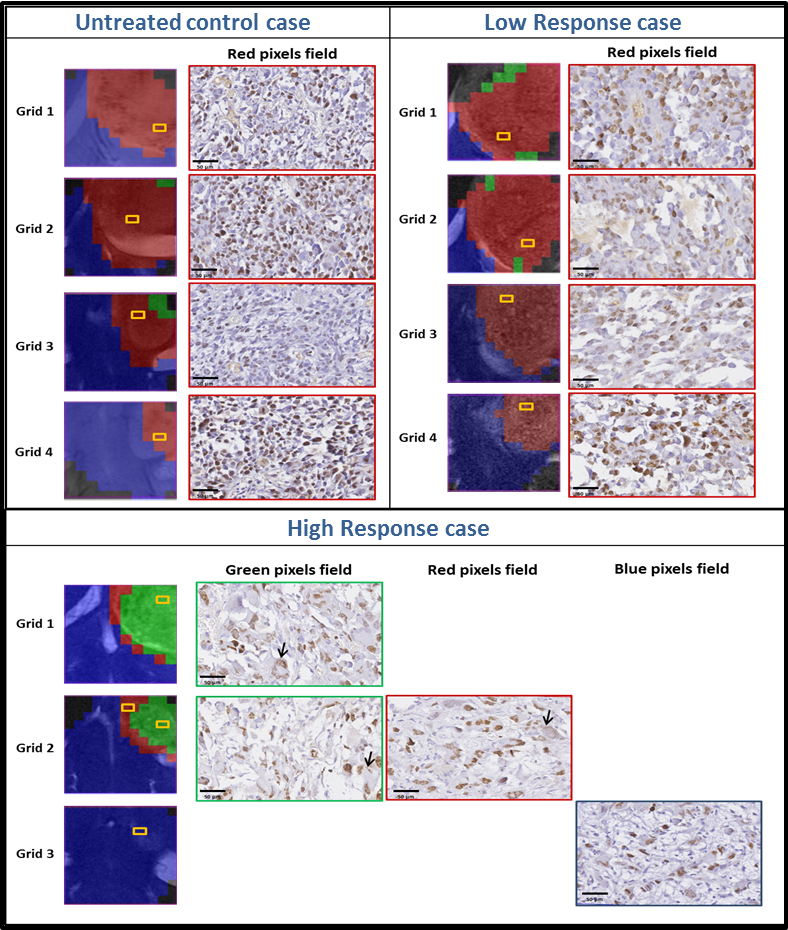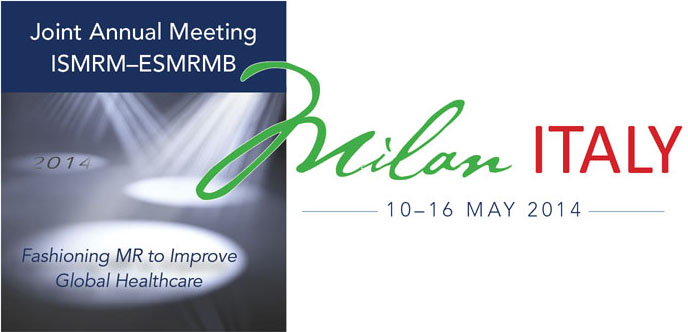We are recruiting an Early Stage Researcher to work on a decision-support system based on MRSI data at 3T, for glioblastoma therapy response follow- up, as part of the INSPiRE-MED European project.


We seek a highly motivated and qualified individual as Early Stage Researcher for a three-year applied research project. The successful candidate will contribute to the development of advanced biomedical research tools in the field of Magnetic Resonance Spectroscopy and Imaging, and its application to the clinical day-to-day practice.
Project description: This position is one of the 15 ESR positions of the INSPiRE-MED European Training Network, which focuses on the development of Magnetic Resonance Spectroscopy (MRS) and MR Spectroscopic Imaging (MRSI) combined with Positron Emission Tomography (PET), enhanced by machine learning techniques.
The main aim of the PhD project (ESR12) will be development of a Machine Learning medical decision-support system based on MRSI data at 3T, for glioblastoma therapy response follow-up.
The ESR will develop a novel medical decision support system (MDSS) focused on glioblastoma therapy response follow-up, based on magnetic resonance spectroscopic imaging (MRSI) data, able to take and process data from multiple MRSI formats and centres. For each patient’s MRSI, the MDSS should deliver a nosological or classification image, ready to be fused with images of other MR modalities from the same patient. The DSS will be integrated into the interface of the academic version of jMRUI, in a way that allows clinicians evaluate the system with their data. An important part of of the project will be the incorporation of automated MRSI artifact detection and removal tools.
Continue reading Job offer at CIBER for the INSPiRE-MED project
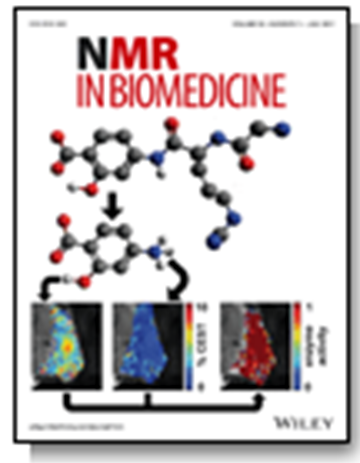 “Metronomic treatment in immunocompetent preclinical GL261 glioblastoma: effects of cyclophosphamide and temozolomide” by by L. Ferrer-Font, N. Arias-Ramos,
“Metronomic treatment in immunocompetent preclinical GL261 glioblastoma: effects of cyclophosphamide and temozolomide” by by L. Ferrer-Font, N. Arias-Ramos, 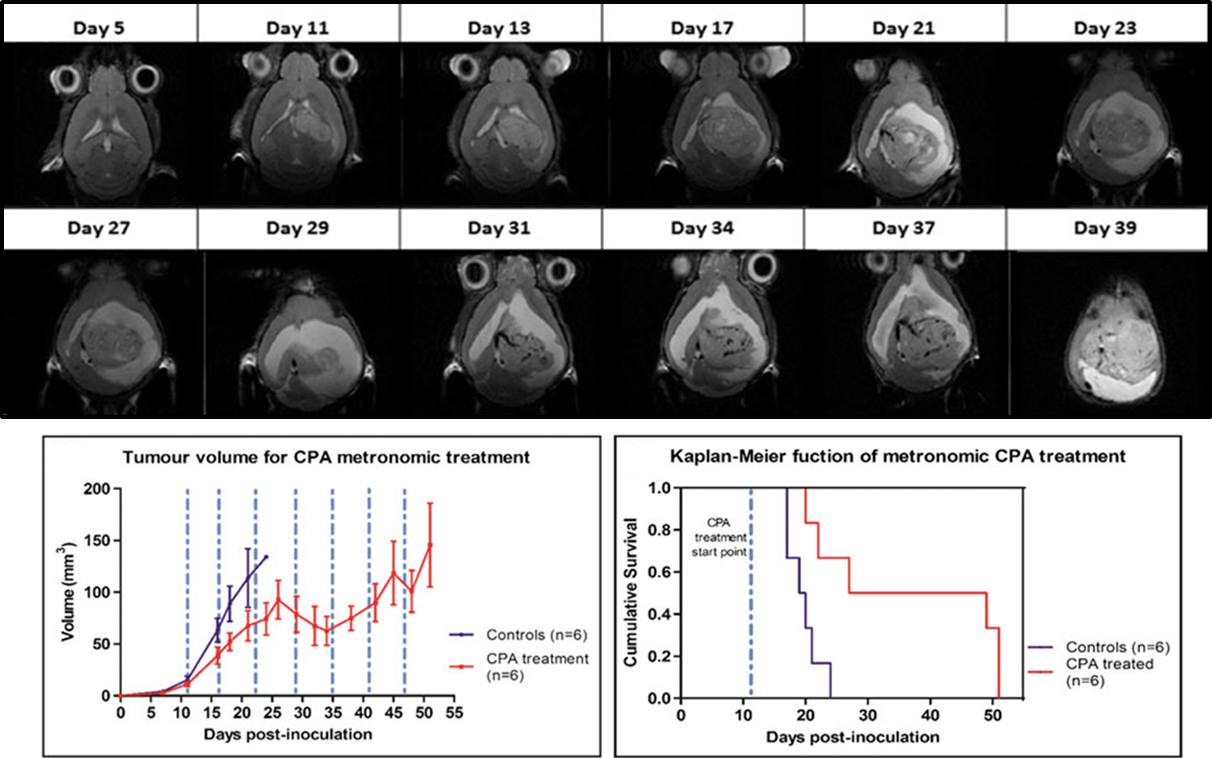
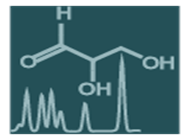 “Metabolomics of Therapy Response in Preclinical Glioblastoma: A Multi-Slice MRSI-Based Volumetric Analysis for Noninvasive Assessment of Temozolomide Treatment” by N. Arias-Ramos, L. Ferrer-Font,
“Metabolomics of Therapy Response in Preclinical Glioblastoma: A Multi-Slice MRSI-Based Volumetric Analysis for Noninvasive Assessment of Temozolomide Treatment” by N. Arias-Ramos, L. Ferrer-Font, 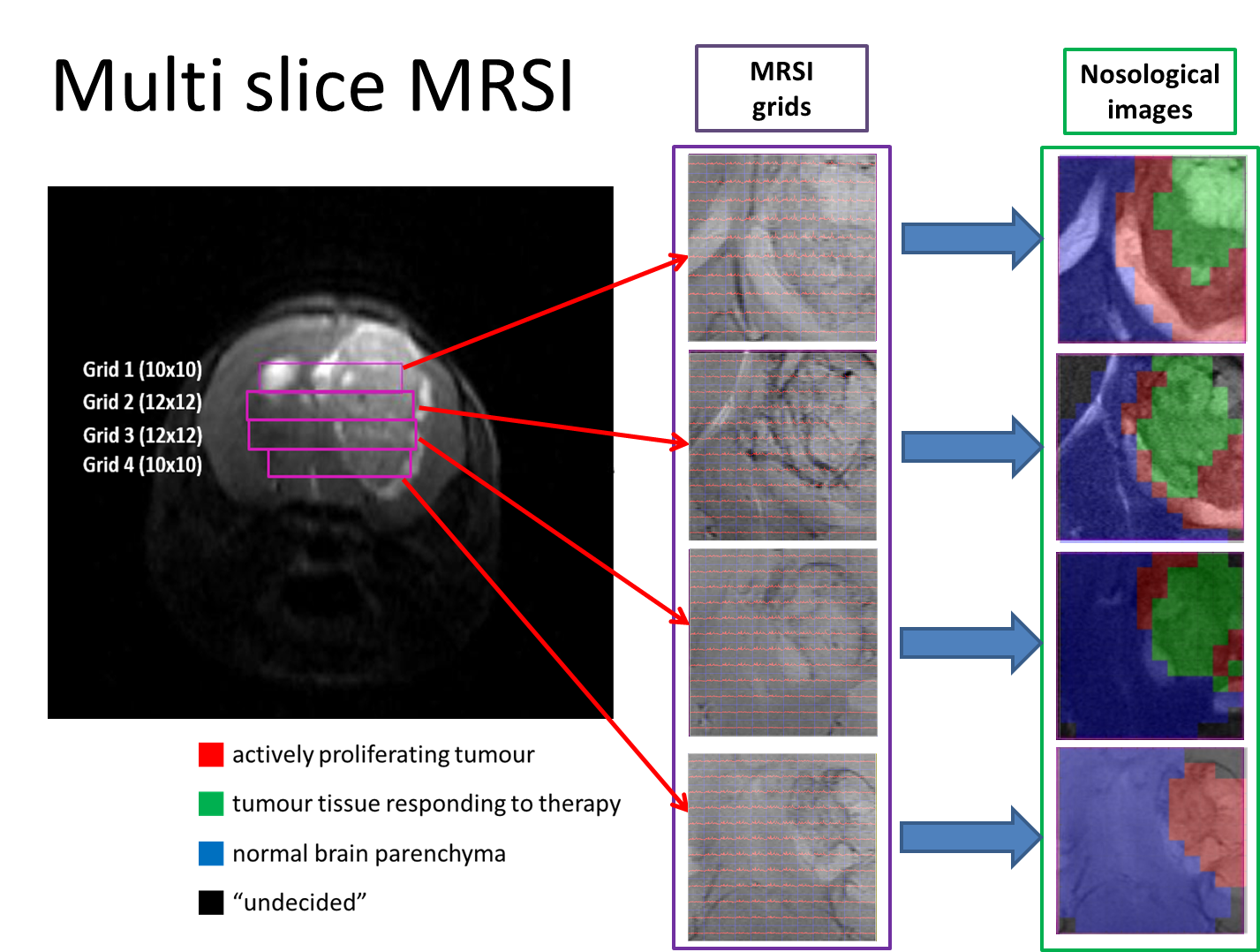 Therefore, the goal of this work was to acquire 3D-like information from preclinical GBM under a longitudinal treatment protocol, using a multi-slice MRSI approach.
Therefore, the goal of this work was to acquire 3D-like information from preclinical GBM under a longitudinal treatment protocol, using a multi-slice MRSI approach.